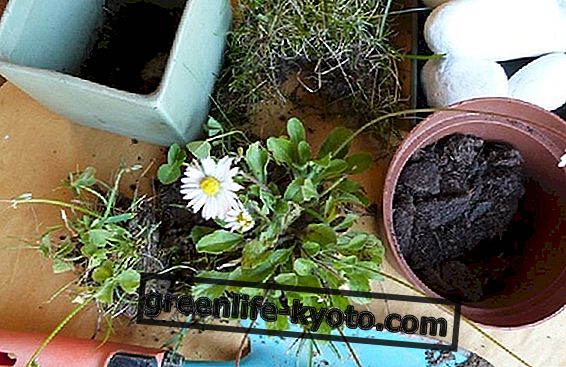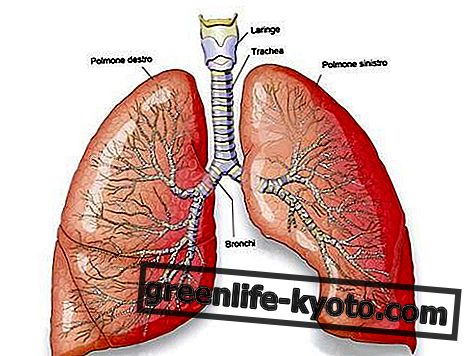
Fighting or controlling anxiety is, in our age, full of psychological pressures and competition, one of the most widespread concerns in the world, so much so that we reach a state of anxiety at the idea of anxiety itself.
Everyone at least a few times in their lives comes to live in a state in which worry, stress and fear come directly to touch the body's activities, such as palpitations, a sense of balance and breathing, accompanied by nausea, chest pain and stomach cramps.
It is a sort of evolutionary vestiges, or rather a residual mechanism of the previous evolutionary phases in which feeling surrounded by immanent dangers was fundamental to trigger a sort of alert and therefore of individual survival condition in which everything else becomes secondary.
Brain chemistry then starts a whole series of processes that change the mental state, preparing the individual for a serious threat, and changing the physical state for the same purpose, increasing breathing, palpitation, sweating.
From anxiety can derive two types of behaviors, both definable excessive: the paralysis due to fear, in which one remains a victim of his own psychophysical alterations, and the excess of reaction due to anger, in which one cannot control the discharges of adrenaline.
Breathing altered by anxiety
We have seen that at a symptomatic level, anxiety induces a state of impaired breathing, typical of those who must face a serious threat and be able to withstand the increase in heart rate.
Breathing, however, can pass from a passive symptom to a main instrument for dissolving the state of anxiety, and instead of experiencing its modification as the result of an alteration of consciousness, it becomes the instrument with which to normalize the latter again, reversing the sequence of the process.
First of all it is important to be able to understand if the change in breathing is really due to a state of anxiety or to a health problem, even a cardiac one. If it is not anxiety, the best thing to do is call the doctor . With age, or in the case of heart problems or pre-existing conditions, it is advisable not to risk a hasty diagnosis and call the doctor.
Recognize hyperventilation
Let's talk about hyperventilation for a moment. Sometimes in a state of anxiety it happens that the breath becomes very fast or deep, as if to have the feeling that we should take more oxygen. Here, it is often the opposite, or a reaction to an overabundance of oxygen and consequently a lack of CO2 . We notice this if we begin to have an excessive sense of lightness, a sense of pressure in the chest with a heart that goes to a thousand, accompanied by difficulty in controlling the legs. This happens due to breathing too fast, breathing too short or even trying to artificially control breathing instead of letting nature do.
Know the details of corrective breathing
What should we focus on then? Let's start with the details that make the difference. First of all the ideal is to inhale deeply with the mouth, in order to provide the necessary oxygen, and exhale slowly with the nose, in order to re-establish a sustainable respiratory and circulatory rhythm.
Second but not least: focus on the stomach trying to fill your belly with every breath. This helps us to give less importance to the chest, often the site of unpleasant sensations that only increase anxiety, and increase the depth of our breath.
Hold your breath for a few seconds (counted 7 heartbeats) between inhalation and exhalation, so as to note that with each breath the palpitation decreases significantly, even if only slightly.
This technique leads to reduced hyperventilation and therefore to regain control, although secondary symptoms such as chest pain can take minutes to disappear completely. Focusing too much on the symptoms of anxiety generates further anxiety, so don't focus too much on unnatural breathing and take 7 to 10 minutes of time for you to slowly get back to yourself .
Anxiety is a state that does not disappear in a few seconds and that can have small escalations, so do not be alarmed and concentrate, as mentioned, on belly movements. Remember that it is important to balance CO2 with oxygen, so slow breathing with your hands in front of your mouth can seriously help reduce many unpleasant symptoms.













